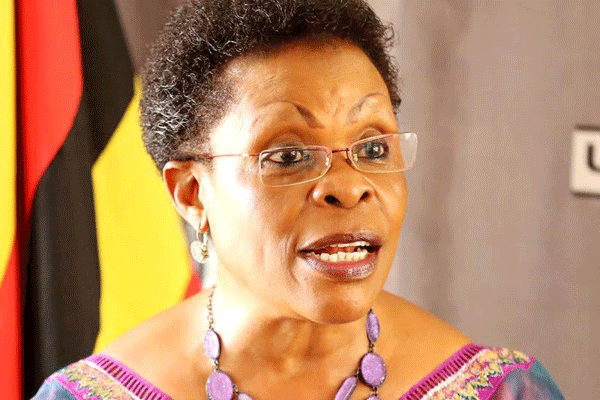Prime
Kamya orders 30,000 public leaders to declare wealth

Inspector General of Government Beti Kamya. PHOTO/COURTESY
What you need to know:
- For breaching the Act, Ms Kamya said, “false under declarations have repercussions.”
The Inspector General of Government (IGG), Ms Beti Kamya, has asked her staff and other designated leaders who draw salaries from the consolidated fund to declare their wealth.
Ms Kamya, who made the call yesterday using her official Twitter handle, told leaders at all levels that “it’s no longer business as usual.”
“All political and non-political leaders who draw salaries from the consolidated fund are required under the Leadership Code Act (Amended) 2021 to declare their wealth to @IGGUganda and it is required to verify such declarations,” Ms Kamya tweeted.
The consolidated fund is a government account in which all funds and revenues are paid and withdrawn to facilitate government activities.
The Leadership Code Act (Amended) 2021 requires specific leaders acting or holding any public office in public service to declare their income, assets, and liabilities to the IGG, an exercise that is done from time to time including three months after assuming respective offices.
Ms Kamya added in another tweet: “top leadership of the IG (Inspectorate General) to lead by example (in the declarations), accounting officers of the 53 central government votes, principal accountants of all ministries, accounting officers of (MDA) ministries, departments and agencies, and (LGs)-Local Governments.”
Declared wealth
As of March last year, only 1,567 leaders of the 30,000 expected to declare wealth had successfully submitted their details to the IGG.
Leaders are expected to submit the declarations after every six months.
As a way of making it easier and faster to submit declarations, leaders are expected to submit their specific details using an online system developed by the IGG.
Then, verification and investigation exercises follow to ensure correctness of the declared assets, income and liabilities, how and when they were acquired, to establish whether they correspond to the known sources of income and also, to find out whether some assets have been undeclared.
For breaching the Act, Ms Kamya said, “false under declarations have repercussions.”
The Act outlines some of these penalties as paying fines, demotion, dismissal or even having excess or undeclared properties either confiscated or forfeited.



